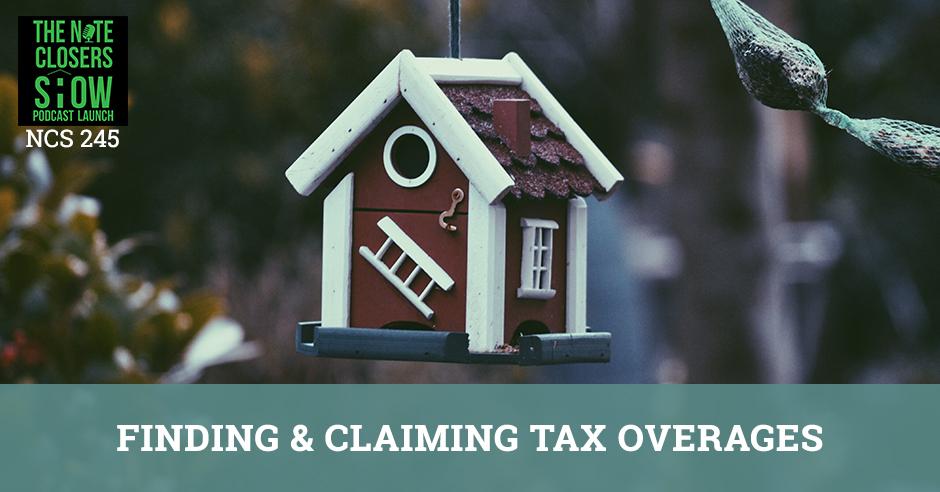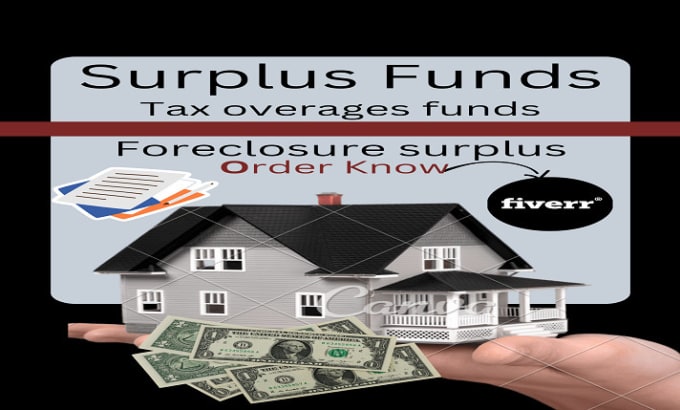All Categories
Featured
Table of Contents
Many of those house owners really did not even know what excess were or that they were even owed any type of excess funds at all. When a homeowner is unable to pay building tax obligations on their home, they might lose their home in what is understood as a tax obligation sale public auction or a constable's sale.
At a tax sale public auction, buildings are offered to the greatest prospective buyer, nonetheless, in some cases, a home might market for even more than what was owed to the county, which leads to what are called surplus funds or tax sale excess. Tax obligation sale excess are the added cash left over when a confiscated residential property is cost a tax sale auction for greater than the quantity of back tax obligations owed on the residential or commercial property.
If the building costs greater than the opening proposal, after that excess will certainly be produced. What the majority of property owners do not understand is that numerous states do not permit regions to keep this additional money for themselves. Some state statutes dictate that excess funds can only be declared by a few parties - including the person that owed tax obligations on the residential property at the time of the sale.
If the previous home owner owes $1,000.00 in back tax obligations, and the building costs $100,000.00 at public auction, after that the legislation states that the previous homeowner is owed the difference of $99,000.00. The county does not reach keep unclaimed tax overages unless the funds are still not claimed after 5 years.
Specialist Overages Surplus Funds Training Unclaimed Tax Sale Overages
Nevertheless, the notice will normally be mailed to the address of the home that was marketed, yet because the previous homeowner no more lives at that address, they frequently do not obtain this notification unless their mail was being sent. If you are in this circumstance, don't allow the federal government keep cash that you are entitled to.

Every now and then, I hear speak about a "secret new chance" in the service of (a.k.a, "excess earnings," "overbids," "tax sale excess," and so on). If you're totally unknown with this principle, I 'd like to offer you a quick summary of what's going on here. When a homeowner quits paying their home taxes, the regional community (i.e., the region) will certainly await a time prior to they confiscate the residential property in repossession and offer it at their yearly tax sale public auction.
The info in this article can be affected by several one-of-a-kind variables. Suppose you have a property worth $100,000.
Unmatched Real Estate Overage Funds Strategy Tax Overages List

At the time of foreclosure, you owe regarding to the county. A couple of months later, the county brings this residential property to their yearly tax sale. Below, they offer your building (along with dozens of other delinquent residential properties) to the highest possible bidderall to recoup their lost tax obligation income on each parcel.
Most of the investors bidding on your property are totally conscious of this, too. In many cases, buildings like your own will certainly obtain quotes FAR beyond the quantity of back tax obligations really owed.
Get this: the county only needed $18,000 out of this building. The margin in between the $18,000 they needed and the $40,000 they obtained is called "excess profits" (i.e., "tax obligation sales overage," "overbid," "excess," etc). Numerous states have statutes that restrict the region from keeping the excess payment for these buildings.
The county has rules in location where these excess proceeds can be declared by their rightful owner, usually for a designated duration (which differs from state to state). And who specifically is the "rightful proprietor" of this money? Most of the times, it's YOU. That's right! If you lost your building to tax obligation repossession since you owed taxesand if that property subsequently cost the tax obligation sale auction for over this amountyou can feasibly go and accumulate the distinction.
Respected Tax Overages Business Opportunities Blueprint Tax Overage Recovery Strategies
This consists of showing you were the prior proprietor, finishing some paperwork, and waiting for the funds to be supplied. For the ordinary individual that paid complete market price for their building, this approach does not make much feeling. If you have a serious amount of cash spent into a residential property, there's way excessive on the line to just "let it go" on the off-chance that you can bleed some additional squander of it.
As an example, with the investing technique I utilize, I can buy residential or commercial properties totally free and clear for pennies on the buck. To the surprise of some financiers, these bargains are Thinking you understand where to look, it's truthfully not tough to discover them. When you can buy a building for an extremely affordable price AND you know it deserves significantly even more than you spent for it, it may effectively make good sense for you to "roll the dice" and try to gather the excess profits that the tax obligation repossession and public auction process produce.
Best-In-Class Tax Sale Overages Training How To Recover Tax Sale Overages
While it can definitely pan out comparable to the means I have actually described it above, there are also a couple of disadvantages to the excess proceeds approach you truly should understand. Overages Surplus Funds. While it depends substantially on the features of the residential property, it is (and in many cases, likely) that there will be no excess profits produced at the tax obligation sale auction
Or possibly the area does not create much public rate of interest in their public auctions. Either way, if you're acquiring a building with the of letting it go to tax obligation foreclosure so you can accumulate your excess proceeds, what if that money never ever comes via?
The initial time I sought this approach in my home state, I was informed that I didn't have the option of asserting the excess funds that were created from the sale of my propertybecause my state didn't permit it (Tax Sale Overages). In states similar to this, when they generate a tax obligation sale excess at a public auction, They just maintain it! If you're thinking of utilizing this technique in your service, you'll intend to think lengthy and hard regarding where you're operating and whether their legislations and laws will certainly also allow you to do it
Esteemed Tax Overages List Program Foreclosure Overages
I did my finest to provide the right response for each state over, however I would certainly advise that you before continuing with the assumption that I'm 100% appropriate. Bear in mind, I am not a lawyer or a CPA and I am not trying to break down professional lawful or tax recommendations. Talk to your lawyer or certified public accountant before you act on this information.
Latest Posts
List Of Homes With Tax Liens
Tax Lien Investing Online
Buying Tax Liens For Investment